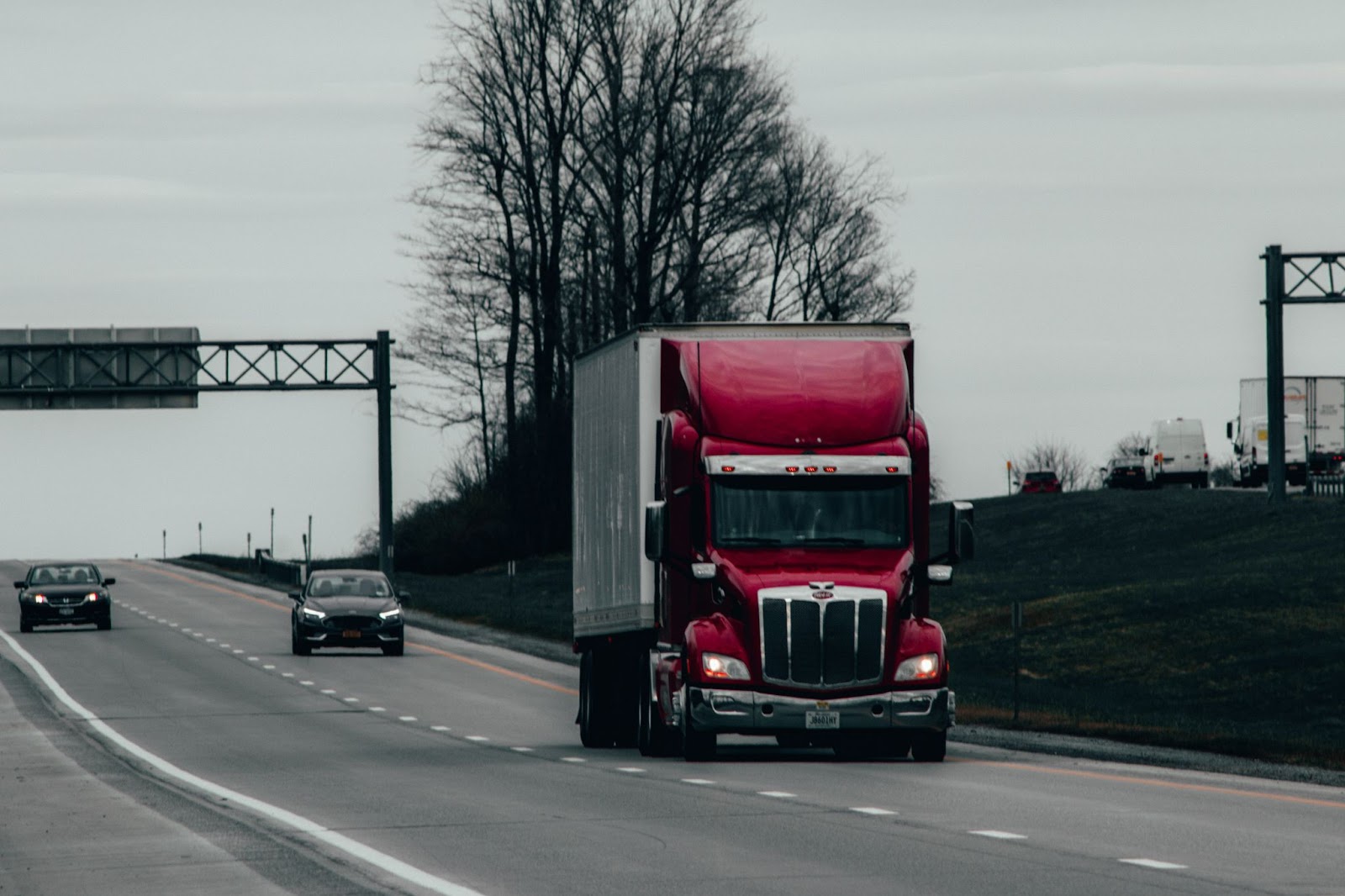The rules of the road vary from state to state, and car insurance is no exception. In the United States, each state is responsible for determining its own auto insurance laws. While most states require drivers to carry some form of car insurance, there are a few that don't.
his article delves deep into the topic of "What states don't require car insurance?" and provides an overview of the insurance landscape in the U.S. Buckle up, and let's go on a road trip through car insurance requirements across the country!
What States Don't Require Car Insurance in the US?
So, what states don't require car insurance? Well, as of 2023, the only state that doesn't require any form of auto insurance is New Hampshire. However, while New Hampshire driving laws doesn't mandate auto insurance, it does require drivers to prove they can afford to pay for damages if they cause an accident. This requirement is known as "financial responsibility."
The concept of "financial responsibility" can seem a little bit nebulous, but it's pretty straightforward. If you're a driver in New Hampshire, you don't need to have a car insurance policy per se. But, you do need to prove you have the financial means to cover damages in the event of an at-fault accident. Think of it like this: you're not off the hook; you're just taking a different route.
Why is New Hampshire Unique?
You might be scratching your head, wondering why New Hampshire stands alone in not requiring car insurance. The reason lies in the state's "Live Free or Die" motto. This spirit of personal freedom and responsibility extends to its approach to auto insurance.
States with Optional Car Insurance: A Closer Look
Besides New Hampshire, there are states where car insurance isn't precisely mandatory. However, these states have some unique systems in place that allow drivers to legally operate a vehicle without traditional insurance.
Virginia: Pay to Opt-Out
In Virginia, drivers can opt to pay a $500 Uninsured Motor Vehicle (UMV) fee to the state's Department of Motor Vehicles (DMV) instead of buying insurance.
Florida: No-Fault Insurance State
Florida operates under a "no-fault" insurance system. This means your own insurance will cover your injuries and damages, regardless of who caused the accident.
Understanding No-Fault Insurance
"No-fault" insurance systems can seem a bit counter-intuitive, but they're designed to speed up claims processes and limit litigation. In a no-fault state, each party turns to their own insurance for damages, irrespective of who caused the accident.
Alternatives to Traditional Car Insurance
In states that don't require car insurance, several alternatives exist. Let's dive into these options.
-
Surety Bonds: A surety bond involves a contract with a third party who agrees to pay if you can't. It's a one-time expense, but it can be quite hefty.
-
Self-Insurance: In some cases, drivers can "self-insure", meaning they have enough assets or cash on hand to cover potential accident costs. It's a risky game, but it's an option for those with deep pockets.
-
Pay-as-you-drive Insurance: This modern type of insurance charges you based on how much you drive. It's ideal for infrequent drivers and can be cheaper than traditional insurance.
Frequently Asked Questions
1. What are the penalties for not having car insurance in states where it's required?
If you're caught driving without car insurance in states where it's mandated, the penalties can be quite severe. They often include hefty fines, license suspension, vehicle impoundment, and in some cases, jail time. Always ensure you are adhering to the laws of your state.
2. Are there any advantages to living in a state that doesn't require car insurance?
Living in a state that doesn't mandate car insurance can mean cost savings from not having to pay insurance premiums. However, these savings are offset by the risk you take on. If you're involved in an accident, you could be responsible for paying all the associated costs.
3. If I live in a state that doesn't require insurance, should I still get it?
It's a personal decision that depends on your financial situation and risk tolerance. However, most experts recommend having at least some form of auto insurance, as the costs associated with an accident can be financially devastating.
4. How does uninsured motorist coverage work?
Uninsured motorist coverage is a part of your insurance policy that protects you if you're involved in an accident with a driver who doesn't have insurance, or if you're the victim of a hit-and-run. It can cover both property damage and medical expenses.
5. Can I drive in a state that requires insurance if my home state doesn't require it?
Yes, but it's complicated. You're typically subject to the laws of the state you're driving in. So if you're in an accident in a state that requires insurance, you could face penalties, even if your home state doesn't require insurance.
Conclusion
Understanding the nuances of "What states don't require car insurance?" is crucial for any driver. The laws vary greatly from state to state, and even in states that don't mandate insurance, there are still requirements to prove your financial responsibility.
While not having insurance can mean cost savings in the short term, it can also lead to significant financial risk. Always weigh the pros and cons carefully and consider alternatives such as surety bonds or self-insurance.
This comprehensive guide serves as a starting point, and it's essential to familiarize yourself with the specific laws in your state. Stay safe on the road by learning about Virginia driving laws.







